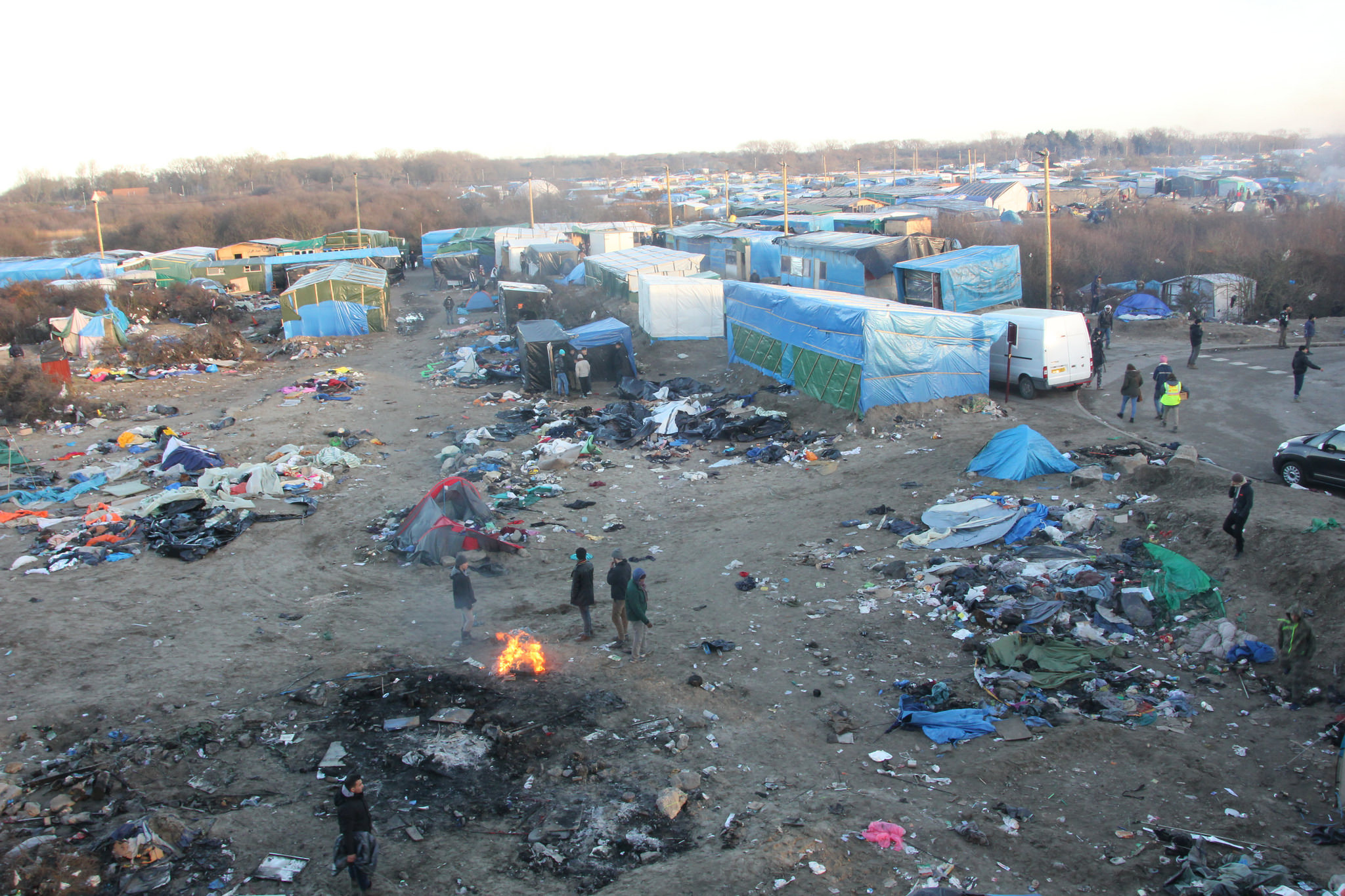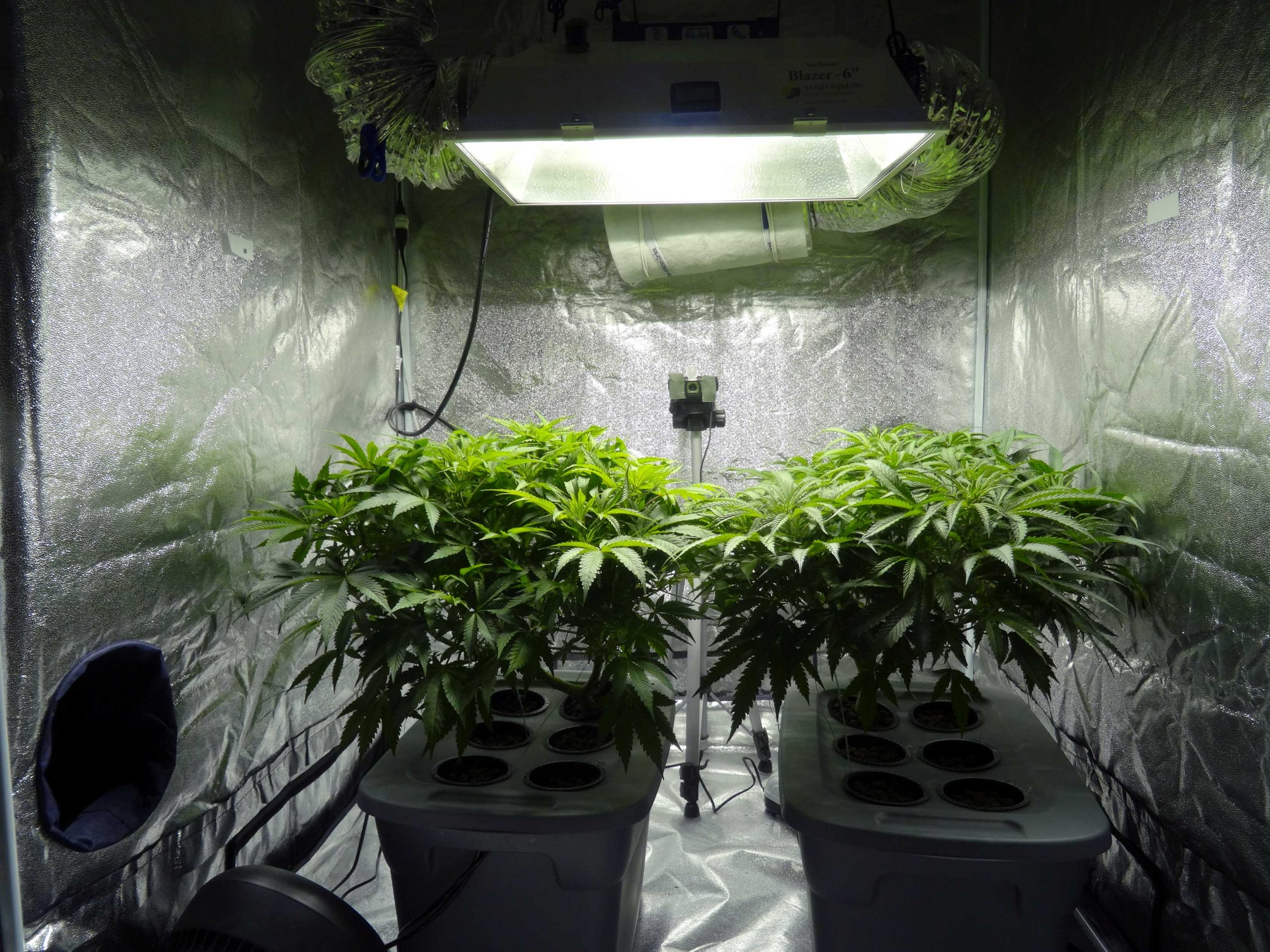Vietnamese children are being smuggled from “the Jungle” in Calais into the UK to work as slaves on “cannabis farms”, according to the NSPCC. They say that cannabis consumers in the UK should be more aware of where their weed is coming from.
These children, usually young boys, may have been street sleepers, orphans or their families may have been tricked into sending them on a student exchange. They typically leave Vietnam by plane for China or Russia, and then journey to the French town of Calais to wait to be smuggled across the channel. “The Jungle”, a migrant camp near Calais, has been a holding place for these children for years, according to Swati Pande, who works for the Child Trafficking Advice Centre (CTAC), set up by the National Society for the Prevention of Cruelty to Children (NSPCC). Now that the jungle has been cleared by the French authorities, around 1,500 children have been left unsupervised.
In early 2016 volunteer workers in Calais reported to Pande’s team that they had seen a small annex camp, slightly away from the main Jungle encampment, where Vietnamese children are being kept. She said: “What they saw fits with what the young Vietnamese we have worked with have told us over the years, about how they are kept in a jungle-type station before crossing to the UK. There is a very clear pattern to this and it is part of an incredibly well organised criminal supply chain.” Once they arrive in the UK, they are typically forced to work in domestic servitude or so-called “cannabis farms”, tending the plants in houses rigged with complex heating systems and high-powered lights in order to pay off the debt of their journey. With little English and no legal status in the UK, they have little choice. They live in terrible conditions in these houses, where the windows are all blocked up and are often subjected to sexual abuse or exploitation.
Philipa Southwell, a criminal defence lawyer said: “It’s very dangerous. The electricity’s been tapped, there’s wires everywhere. The windows are always nailed shut so they can’t leave. There are filters over the windows so the light can’t come in.”
A child trafficking report published this month by the Salvation Army describes the experiences of one of these child victims, named ‘T’. His parents died before he was 11 and was taken in by a convent. A gang pursuing family debt kidnapped him, kept him in chains and cut off one of his fingers, that they sent to the convent as a threat. He was then smuggled to the UK by Chinese traffickers and forced to grow cannabis plants. He was so maltreated that he was forced to eat cannabis for food. He was eventually rescued in a police raid and placed in foster care, but was later kidnapped again by a Vietnamese man. He beat him, locked him up and then sold him to a group who had him work in a warehouse. Eventually in 2013 at the age of 18 he managed to a escape and went straight to a police station. He was given a place in the government’s slave rehabilitation scheme several hours away. However, he has since gone missing again and no one knows what has happened to him.
There are many stories like T’s and Pande says that this problem is not being given priority. In 2015 Philip Ishola, former head of the UK’s Counter Human Trafficking Bureau said: “By our calculations there are around 3,000 Vietnamese children in the UK who are being used for profit by criminal gangs. The police and the authorities are now aware that trafficked children are being forced to work in cannabis farms but this is treally only the top of the iceberg. Often the same child will be exploited not just in a cannabis farm, but also in myriad different ways. This is happening right under our noses and not enough is being done to stop it.”
When young Vietnamese workers are discovered in police raids, they are usually arrested and treated like criminals, without considering that they might have been victims of trafficking. Chloe Setter, head of advocacy, policy and campaigns at ECPACT UK, a charity working with trafficked children said: “To my knowledge there’s never been a prosecution of a Vietnamese trafficking gang for bringing children in for this purpose. We’ve actually locked up, prosecuted and convicted more victims unlawfully than we prosecuted those that are exploiting them.”
According to human trafficking data released by the UK’s National Crime Agency, criminal cases involving trafficked Vietnamese children were only exceeded by cases from Slovakia. However, whilst Slovakia cases usually involved benefits claiming, the Vietnamese cases overwhelmingly involve cannabis. Of the 49 potential Vietnamese trafficking victims that the NCA looked at in 2014, 47 were exploited for cannabis cultivation and over 50% of these were children. Since Vietnamese gangs have historically dominated the UK’s grown cannabis market, rising from around 15% in 2005 to 90% last year, a significant amount of cannabis in the UK could have been produced by child slaves.
Pande commented: “Many people in the UK are really concerned about what feed goes into chickens and if the chicken they eat is really organic. But they have no idea where their cannabis has come from. It might be blood cannabis they are smoking. They need to understand this.”
Words by Abbie Llewelyn. Tweets @Abbiemunch


